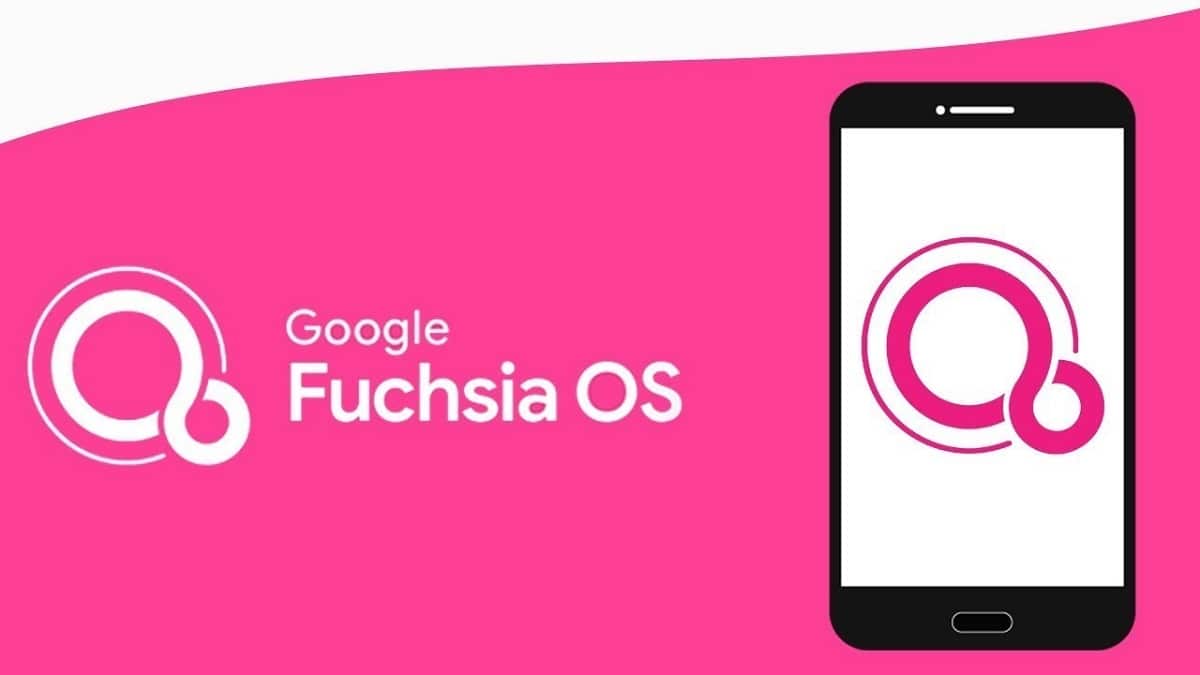
Development information just released that the Google developers are carrying out and is that they are already working to be able to migrate the Chrome browser to Fuchsia OS.
Y aa that Fuchsia already provides a browser engine based on the Chromium codebase used to run standalone web applications, developers mention that Chrome is not yet available as a standalone product full for Fuchsia, as the platform was primarily developed for IoT and consumer devices like Nest Hub.
But that situation and in return, since it has already begun with the development of Fuchsia's capabilities, destined to use it as a desktop platform. This includes a set of changes that make it possible to push a full Chrome browser to Fuchsia.
Within the plans who make themselves known, mention that already in Fuchsia they prepare the initial version of Chrome for the launch of Chrome 94 (which is scheduled to be released on September 21).
For the part of the migration work, the developers mention that this is being carried out gradually, since at the beginning, it is possible to build a simplified version in which the implementation of some features is replaced by stubs.
As portability advances, stubs are replaced with working versions of the code specific to Fuchsia. For example, Chrome is tailoring the systray for Fuchsia, downloading files, Click To Call, working with removable media, syncing, custom directories, PWA applications, displaying memory and CPU load information, and importing settings from other browsers.
Recall that Fuchsia OS has been developed by Google since 2016, taking into account the shortcomings in the field of scaling and security on the Android platform. The system is based on the Zircon microkernel, which is based on the developments of the LK project, extended for use in various classes of devices, including smartphones and personal computers.
The Zircon microkernel it is characterized by extending LK with support for processes and shared libraries, user level, object handling, and capabilities-based security model. The drivers are implemented as dynamic user space libraries loaded by the devhost process and managed by the devmg device manager.
For Fuchsia developed its own graphical interface written in Dart language, using the Flutter framework, in addition to the project also developing the Peridot UI framework, Fargo package manager, libc standard library, Escher rendering system, Magma Vulkan driver, Scenic composite manager, MinFS , MemFS, ThinFS (FAT in Go language), and Blobfs file systems, as well as FVM partitions.
For application development, C / C ++ support is available (thanks to libc), Dart also provides and Rust it is also allowed in the system components, in the network stack GO and in the construction system the language Python
The system administrator is used for the boot process, which includes appmgr which allows to create the initial software environment, sysmgr to create the boot environment and basemgr to configure the user environment and organize the login.
On the part of the security is proposed an advanced sandbox isolation system, in which new processes do not have access to kernel objects, memory cannot be allocated and code cannot be executed, and a namespace system is used to access resources determined by the permissions available.
The platform provides a framework for creating components, which are programs that run in your sandbox and that can interact with other components through IPC.
Finally if you are interested in knowing more about it, you can check the details in the original post at the following link.